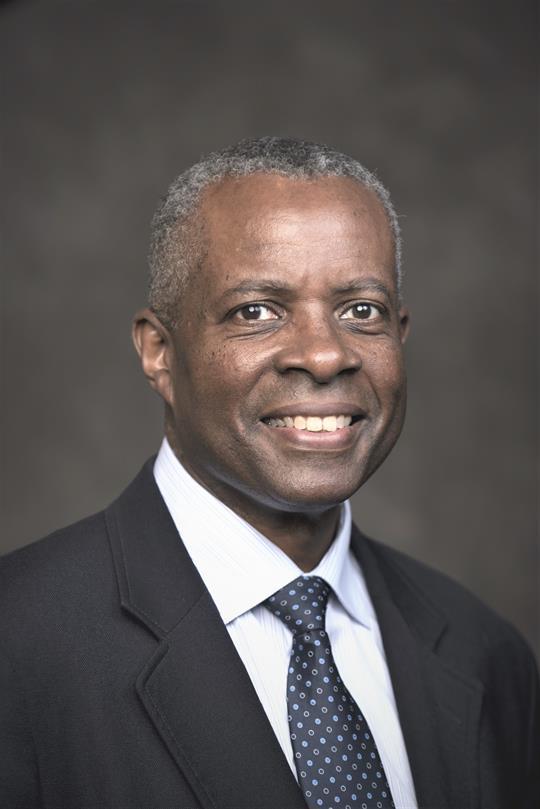
Chris Swan

Research/Areas of Interest
Research focuses on sustainable development and innovative engineering education, at times combining the two. Specific research projects include: 1) service-based education and how it can be best assessed and utilized in engineering and 2) waste minimization and reuse of traditional waste materials.
Education
- Sc.D., Massachusetts Institute of Technology, United States, 1994
- M.S., University of Texas at Austin, Austin, United States, 1986
- B.S., University of Texas at Austin, Austin, United States, 1984
Biography
Chris Swan received a Sc.D. degree in civil and environmental engineering from MIT in 1994 and both his B.S. and M.S. degrees in civil engineering from the University of Texas at Austin in 1984 and 1986, respectively. Prior to obtaining his Sc.D., Swan worked for GZA Geoenvironmental, Inc., a national engineering consulting firm specializing in geotechnical and geoenvironmental engineering projects. He has presented a number of technical conferences and seminars in the areas of site remediation techniques, solid waste and sustainable materials management, and various topics in engineering education.
Swan currently teaches undergraduate-level courses on civil infrastructure (broadly). An initiator of the use of service learning in department courses, Swan continues to champion the development, implementation, and assessment of community engagement efforts in engineering education.
Chris Swan's current research interests lie in the areas of engineering education, waste reuse, and unique soil behaviors. Specific research projects include: impacts of community engagement on the education of engineering students; evaluating the benefits and barriers to faculty who are involved in various community engagement in engineering education efforts; research on the reuse of fly ash from coal burning facilities as a component of a synthetic lightweight aggregate; and behavior of soils undergoing cycles of freezing and thawing.
Swan currently teaches undergraduate-level courses on civil infrastructure (broadly). An initiator of the use of service learning in department courses, Swan continues to champion the development, implementation, and assessment of community engagement efforts in engineering education.
Chris Swan's current research interests lie in the areas of engineering education, waste reuse, and unique soil behaviors. Specific research projects include: impacts of community engagement on the education of engineering students; evaluating the benefits and barriers to faculty who are involved in various community engagement in engineering education efforts; research on the reuse of fly ash from coal burning facilities as a component of a synthetic lightweight aggregate; and behavior of soils undergoing cycles of freezing and thawing.